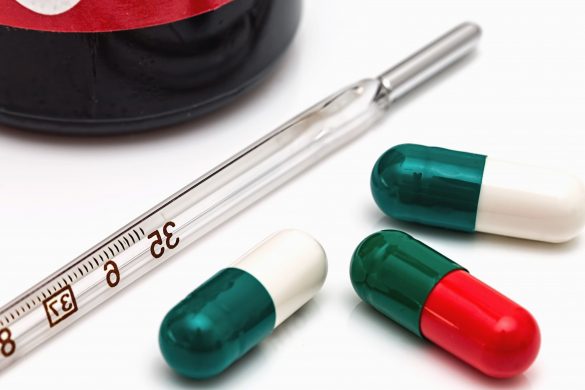A group of rich countries led by the United States is preventing the United Nations acting on the recommendations of an expert panel on affordable medicines, said Oxfam.
The international agency said the US and others are putting the interests of the pharmaceutical industry above the lives of people around the globe. Oxfam is calling on the UN Secretary General and world leaders to make delivering affordable medicines a priority in 2018.
The UN High Level Panel on Access to Medicines published its findings at last year’s UN General Assembly.
Its report outlined a series of actions that governments should take to reduce the price of medicines including using provisions in international trade rules to override patent protections and produce low cost versions of vital medicines.
The panel’s mandate and findings have been strongly opposed by the pharmaceutical industry, the European Commission and countries such as the United States, Switzerland, Germany, the United Kingdom and Japan, several of whom have traditionally defended the interests of the pharmaceutical lobby in international negotiations.
Pressure from the US and others has delayed action at the UN, which, one year after the publication of the report, has yet to address its recommendations.
They have also blocked attempts by developing countries to have a meaningful discussion of the report’s recommendations at the World Health Organisation.
Winnie Byanyima, Executive Director of Oxfam, and a member of the High-Level Panel on Access to Medicines said:
“The US, Switzerland, Japan and others are blocking action which would ensure all people have access to lifesaving medicines. They should prioritize people’s lives over the profits of the pharmaceutical industry.”
Across the globe the high price charged by pharmaceutical companies for many vital medicines is crippling public health services, denying people the treatments they need and pushing people into debt.
One in three people globally lacks access to essential medicines and every year 100 million people fall into poverty because of healthcare expenses – much of which is spent on medicines.
The price of insulin which is used to treat diabetes has increased by over seven percent in the US over the last year with just one month of treatment now costing as much as $900. Diabetes is the seventh biggest killer in the US with almost one in 10 Americans suffering from the disease.
In the past 15 years, the average cost of new anti-cancer treatments in the UK has more than quadrupled. And in South Africa, a 12-month course of Herceptin, a breast cancer medicine produced by Roche, costs approximately $38,000 or around five times the country’s average household income.
Yet at least one possible supplier of the medicine suggests it could be produced and sold for as little as $245. Over 3000 women die of breast cancer every year in South Africa.
The High-Level Panel was made up of experts from government, civil society and the pharmaceutical industry.
Its report, „Promoting Innovation and Access to Health Technologies,“ also calls for greater transparency on the pricing of medicines and the costs of research and development (R&D); a new approach to funding R&D that sees a greater public return on public investment; and for the UN to kick start a new process to reach a new global agreement on R&D which separates the financing of R&D from the price of products.
Byanyima said: “Millions of people around the globe are needlessly and disgracefully being denied the medicines they need because of the inflated prices charged by the pharmaceutical industry. Pharmaceutical companies should no longer be allowed to call the shots when it comes to people’s health. Governments and the UN must put people’s lives before corporate profits.”














